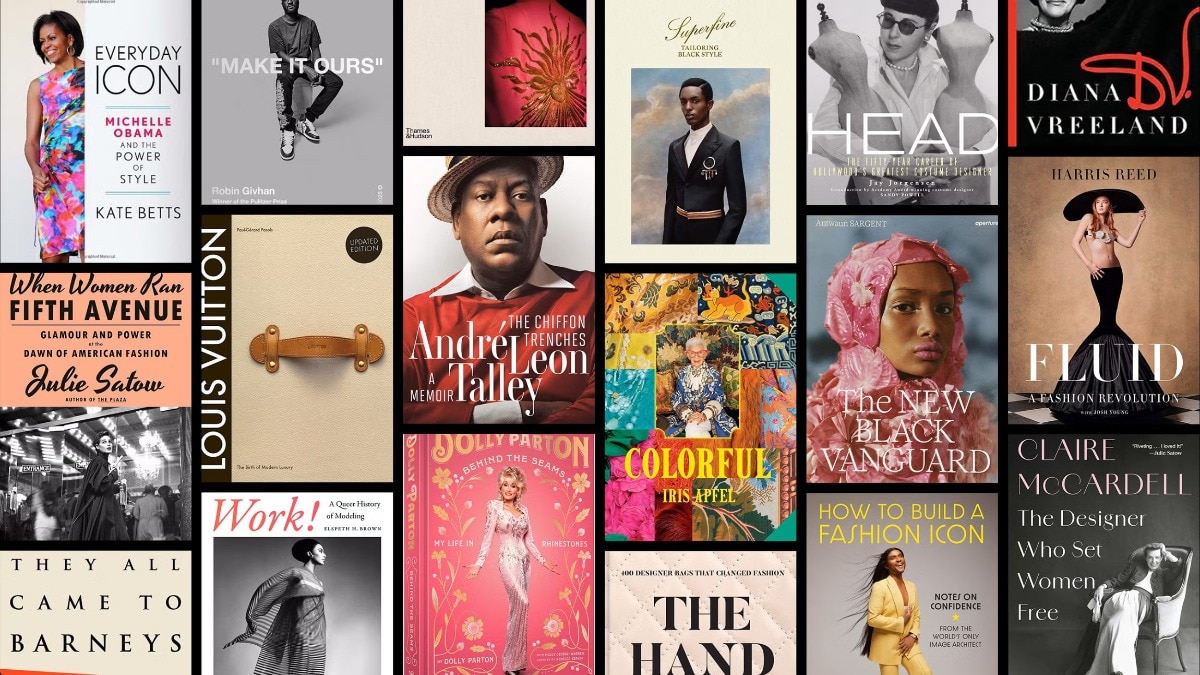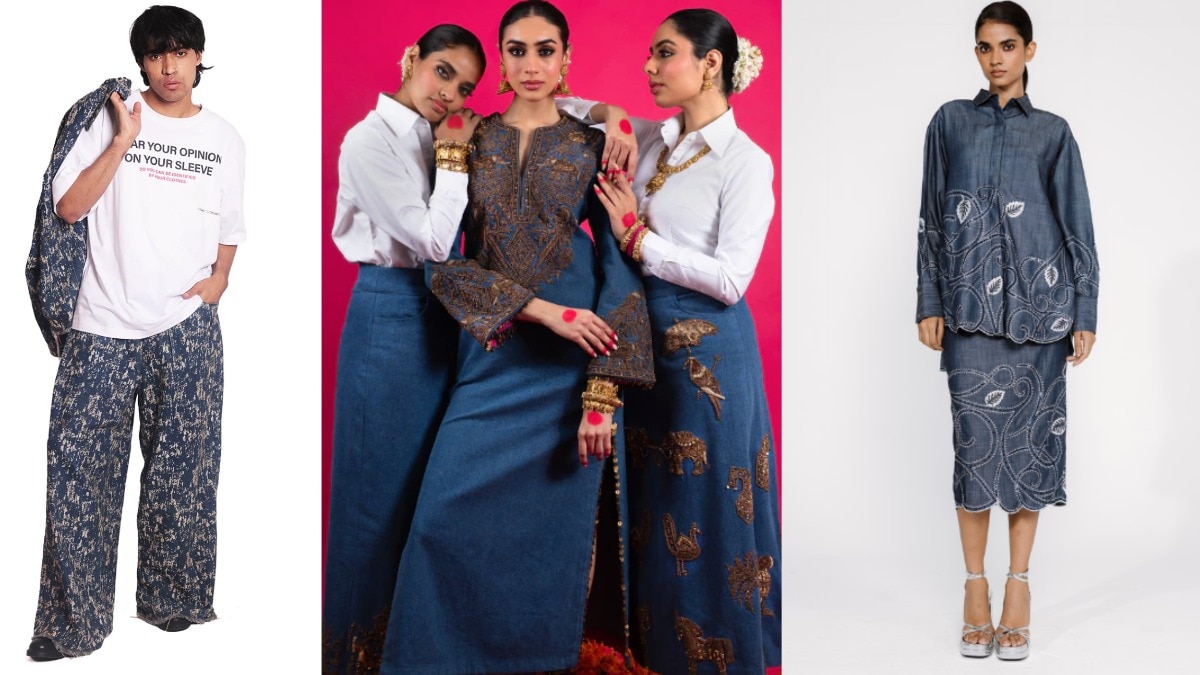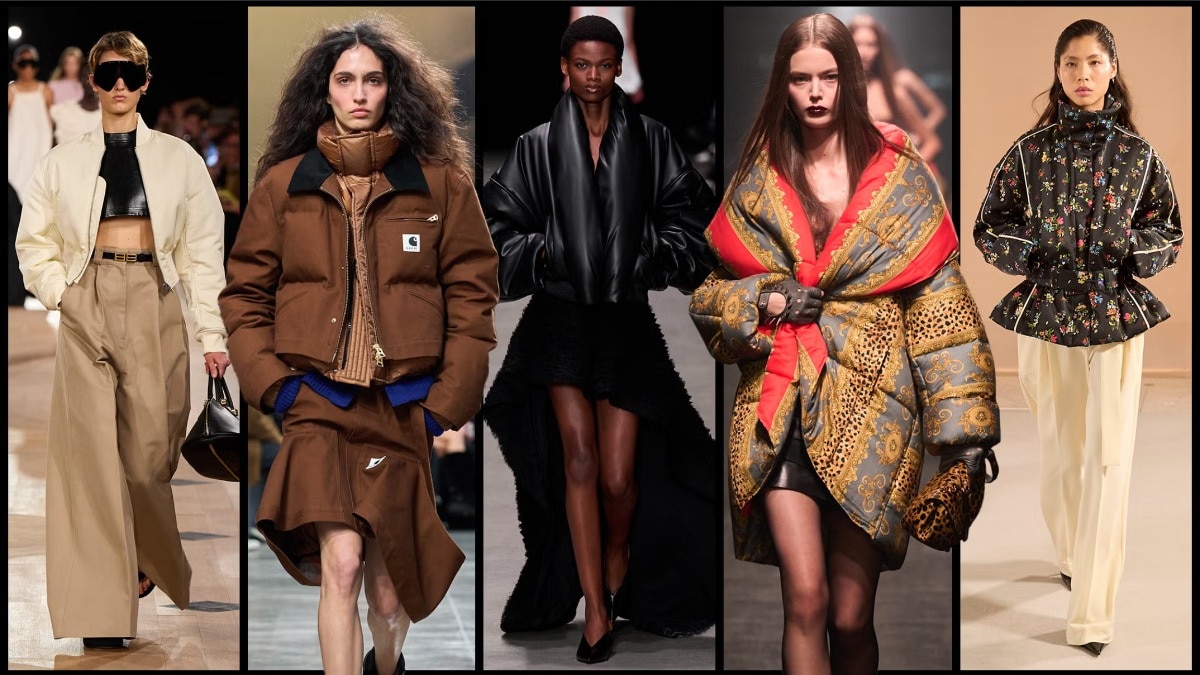Find yourself obsessing over how you look? Here’s how to be more comfortable in your own skin
Embrace yourself a little more—skin, bones, rolls, curves, stretchmarks and all.


Have you ever avoided glancing into the mirror as you walk past it? Or obsessively scrutinised every inch of your body while looking into the mirror? Do you ever catch yourself comparing your thighs, legs, arms and waist size to models on social media? To be honest, I think we all have. We’ve all experienced the gnawing, sinking feeling when we don’t fit into those skinny jeans that once fit perfectly or the guilt that comes with eating that one extra French fry. Body insecurity can come in all forms, shapes, and sizes. It can be triggered by one or several reasons including gender stereotypes of how someone’s ideal body should look like or inappropriate digs by family, friends, or colleagues. Over time, occasional feelings of body insecurity can intensify and have serious mental and physical health implications including eating disorders, anxiety, self-harming behaviours, and more. Here’s how you can overcome body insecurities and be more comfortable in your skin.
Mindful eating

Contrary to what people usually perceive mindful eating to be—diets and what not—mindful eating is actually a step towards treating your body with absolute compassion and gratitude. A lot of us today share a negative relationship with food. What we don’t realise is that the food we eat fuels our body to be able to perform all the functions that it does for us. We often end up abusing our body with the way we eat, sleep, and treat it. Eating mindfully will allow us to appreciate our body, which is a small, yet significant step in overcoming body insecurity. When we change our approach from eating for a definite goal like weight loss or weight gain to that of nourishment for the body—we begin to fall in love with it. In a recent interview, nutritionist and Ayurveda practitioner, Radhi-Devlukia Shetty said, “You have to think about it this way—your body has so many things to focus on in a day, so wherever your attention goes, that's where the energy is flowing in your body. And so if it's time to eat, but you're distracted by watching TV or speaking on the phone, then you're not listening to your body. I would also say how fast you eat and the number of times you chew your food also matter, because when you chew your food, it allows the enzymes to be produced in your mouth to start the digestive process. And then the final thing before you start eating is saying the prayer of gratitude. Think about every single person that's been involved in preparing the meal you're eating—from the farmers who have grown it, and the sun, soil and water, that has nourished it, to the person who has cooked it.”
Set non-weight related goals

Besides eating mindfully, you can overcome bouts of body insecurity by setting some non-weight related goals for yourself. When you feel insecure or hate your body for looking the way it is or feel that the only way you can be happy is by fitting into a certain size—then it’s time to take a step back. You can be happy doing and being so much more. Take a solo trip, go for that dance workshop, learn something new—a language, an instrument—go on a date, buy yourself some flowers, go for some retail therapy, or take a trip to the spa and treat yourself with all the love and care that you deserve.
Consider therapy

If you find anxiety slowly creeping its way into your food and sleep habits or other aspects of your physical body and health, including self harm, consider seeing a therapist to follow a guided framework to overcome your body insecurity. Talking with someone about your experiences with body image issues can help you identify the various triggers and nature of your emotions. Find a safe space to speak out and express exactly what you feel about body dysmorphia—no judgments made. Regular counselling will slowly help you not only change the misbeliefs you may have about your body but also help develop a healthy, compassionate, and positive relationship with it.
Use social media mindfully

One of the most chilling dialogues from the documentary The Social Dilemma goes: “If something is a tool, it genuinely is just sitting there, waiting patiently. If something is not a tool, it’s demanding things from you. It’s seducing you. It’s manipulating you. It wants things from you. And we’ve moved away from having a tools-based technology environment to an addiction- and manipulation-based tech environment. Social media isn’t a tool that’s just waiting to be used. It has its own goals and its own means of pursuing them by using your psychology against you.” Social media, in many ways, is designed to make you feel negatively about yourself—comparing your life, body, looks, and friends to that of others. But remember, more often than not, it shows you the perfect parts of life and not life’s messy character. Be careful not to fall for the often photo-shopped and heavily edited bikini models or models with abs. Don’t hop on to trends that don’t make you feel like your best self, and follow people who advocate inclusivity and body positivity. You can even choose to go on a digital detox on days when it gets too hard, and join only once you feel absolutely comfortable.
Cut off from people who make you feel negatively about your body

The truth is, you are never going to be able to control what others think and feel about your body. But if their words, snarky jokes, and never-ending sarcastic comments bring you down time and again, then it’s probably best to speak to them about how you feel or distance yourself from them. No one has the right to tell you how you should feel about your body. Focus on how you feel and think, and treat every other nagging voice in your head as white noise. Learn and fall in love with loving your body and overcoming your insecurities, as deep as they may be.










